Behind the Behavior: Experts Explain Why Your Cat Randomly Gets the Zoomies
If you suspect your cat is in distress, seek veterinarian help.
Published Oct. 18 2024, 1:00 p.m. ET
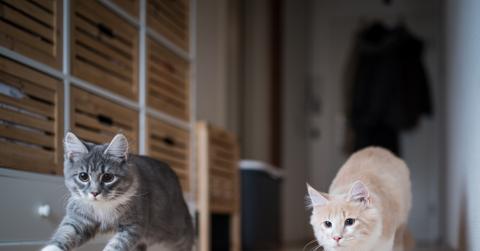
Cat parents know this one all too well: it's the middle of the night, and the cat you thought was sleeping at your feetsuddenly runs full speed from room to room, sometimes meowing as they make rapid movements, possessed by what's affectionately known as "the zoomies." As companion cats give chase to seemingly nothing across the home, you wonder what caused the zoomies and when it will end.
Are the zoomies as innocuous as they seem, or is there a reason for concern?
If you suspect your cat is experiencing distress, urinary or bowel movement problems or any other potential health concern, seek veterinary care. All of that said, continue reading to learn why cats may get the zoomies and run around your home.
Some cats get the zoomies when they're feeling playful.
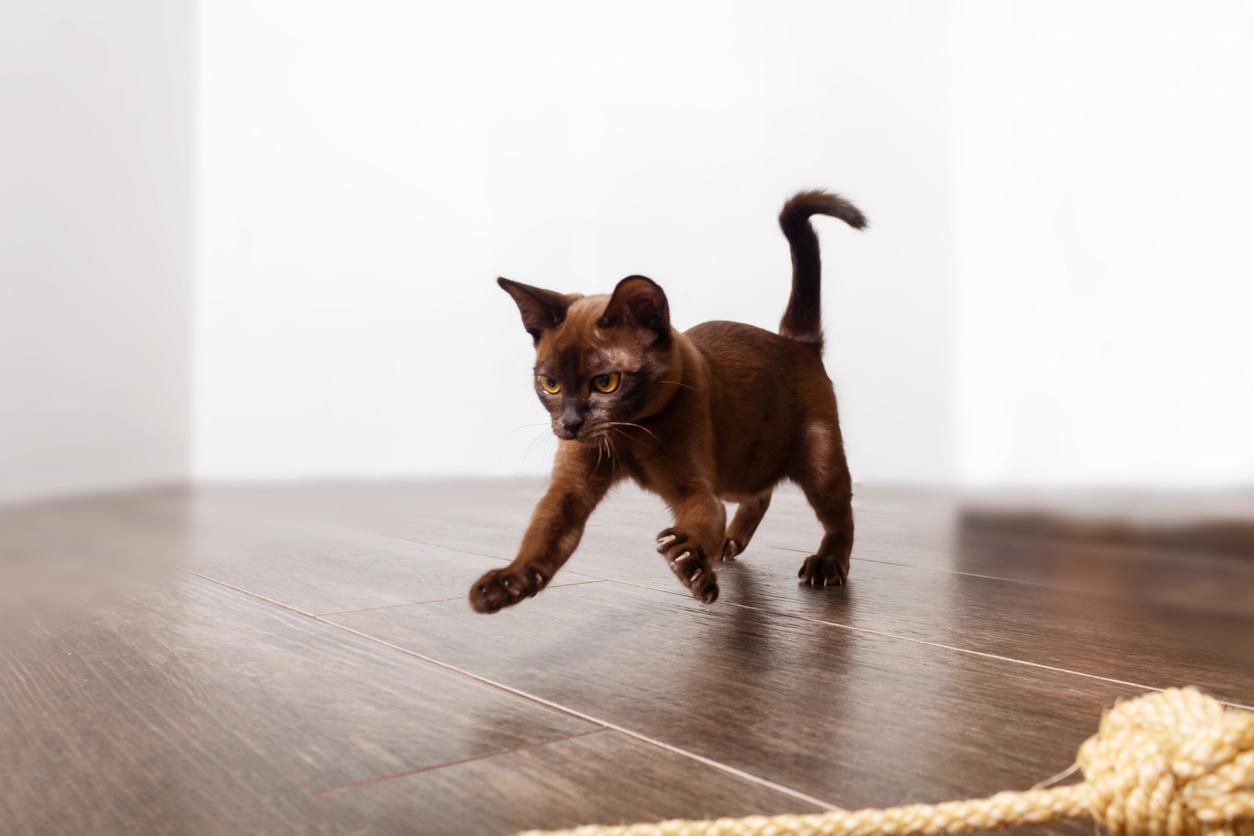
According to the Massachusetts-based Shawsheen Animal Hospital, one reason your cat gets the zoomies is because they're feeling playful. Your cat may be overstimulated, per the vet hospital, and one way to utilize this excess energy and stimulation is to run about the house with exaggerated movements in a playful manner.
Your cat may get the zoomies if they just interacted with catnip.
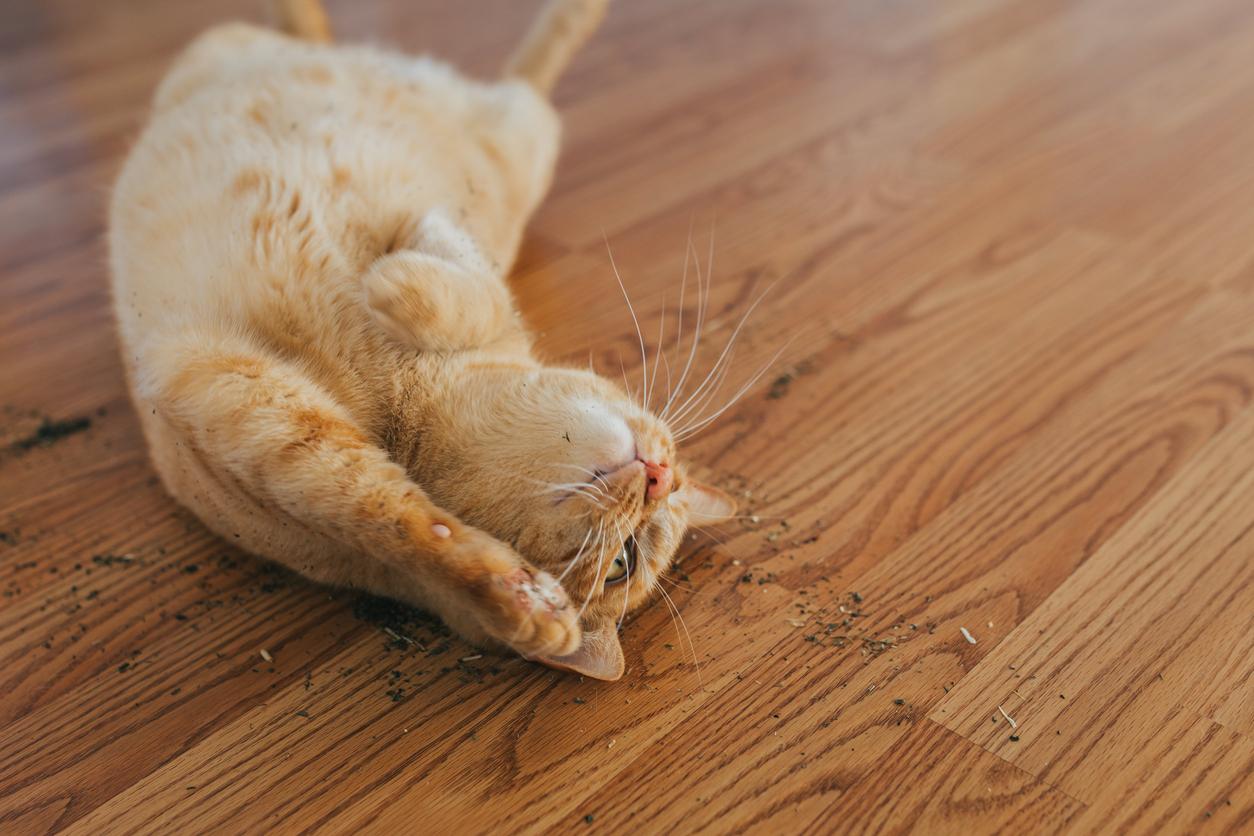
According to the Canadian veterinarian Mill Creek Animal Hospital, the "catnip crazies" is an informal term that refers to the reaction some cats get from experiencing catnip. As a result of their interaction with catnip, the chaos of the zoomiesensues.
What Mill Creek Animal Hospital describes as "that crazy frantic run about the house" is one potential reaction that is normal and likely not a cause for concern.
Your cat might get the zoomies after using the litter box.
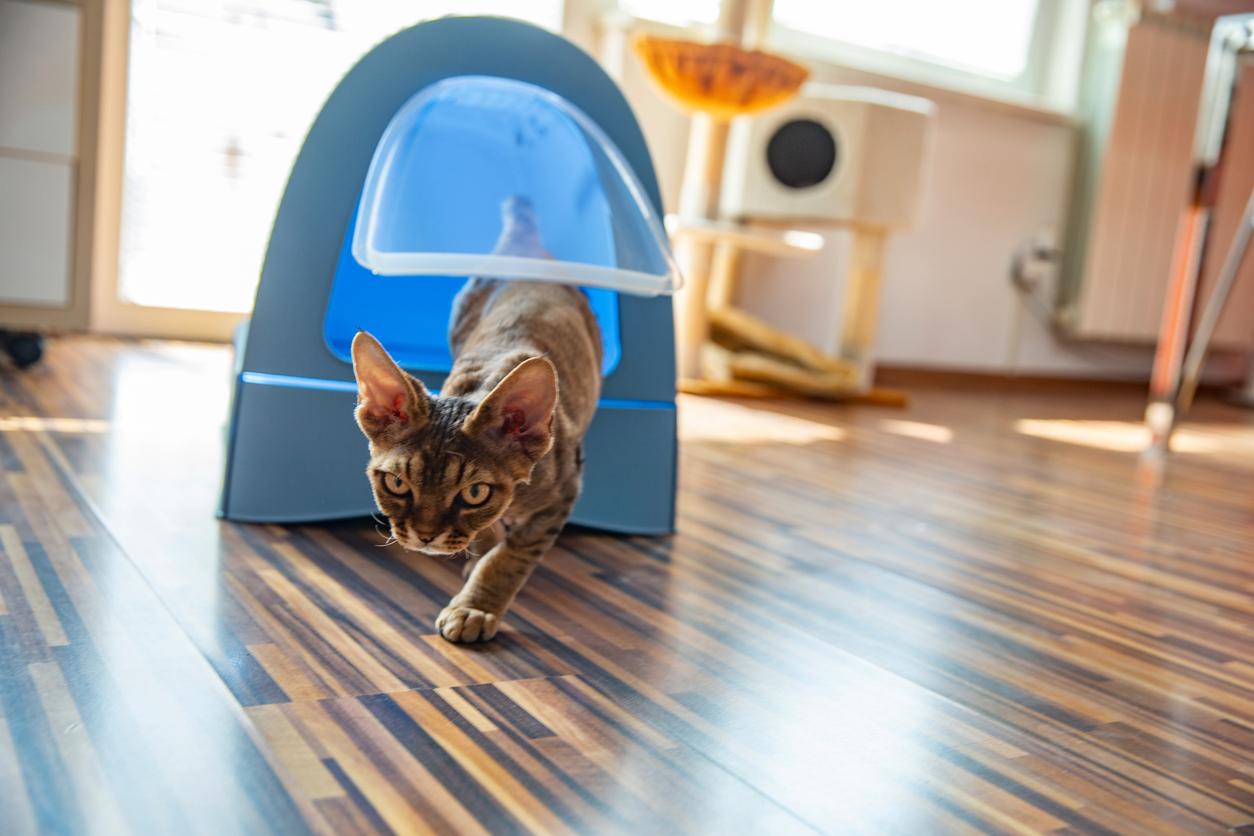
If your cat emerges from the litter box with the zoomies only on rare occasions, it's likely not a huge cause for concern. However, according to Shawsheen Animal Hospital, if this is a frequent occurrence, your cat might be experiencing issues going to the bathroom and should be brought to a vet for further examination.
As the Massachusetts vet surmises, it might be due to constipation issues. Still, there are other problems that may prevent your cat from healthily and safely using their litter box, resulting in a case of the zoomies, and a veterinarian should assess the situation.
Your cat has the zoomies at night because it's instinctual.
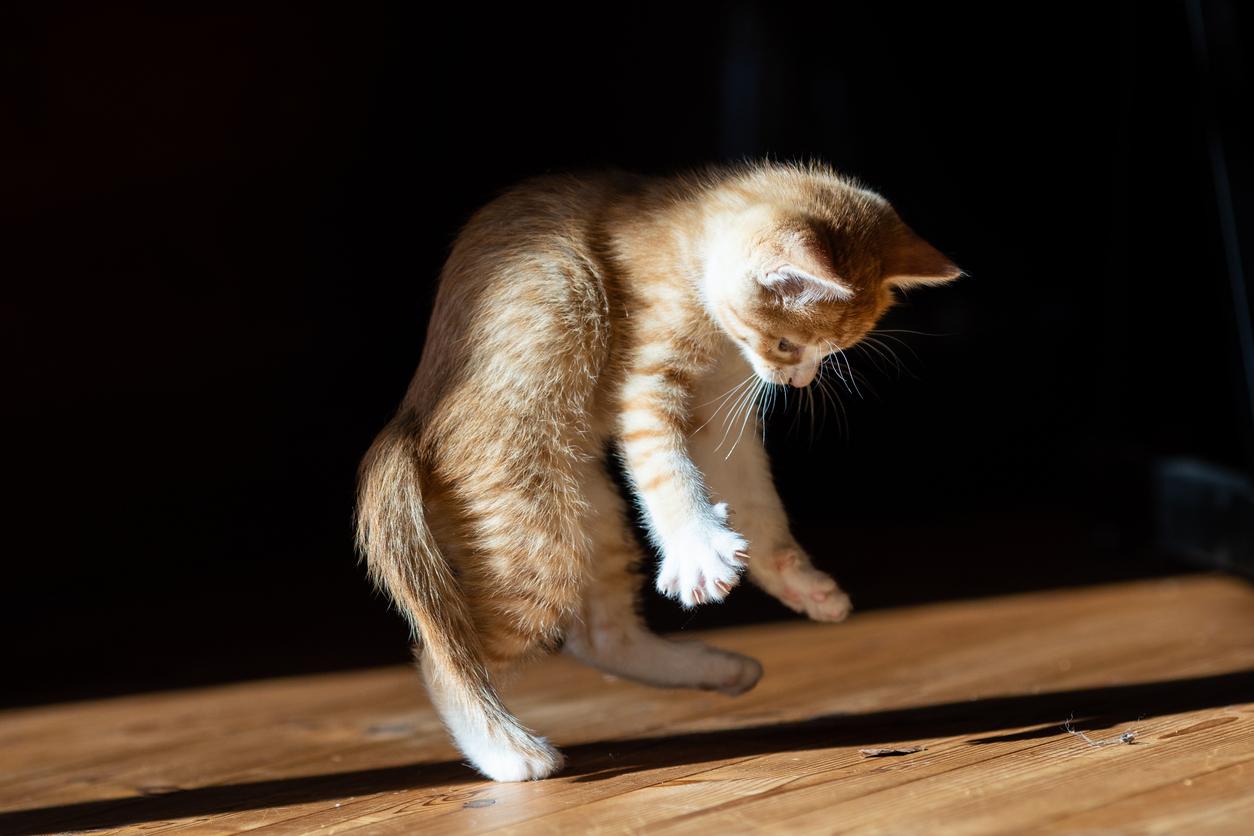
According to the Texas-based vets at Triangle Animal Clinic, cats are crepuscular, not nocturnal. This means that their instincts have led them to become very active during dawn and dusk and quite sleepy during the remaining hours of the day, to conserve energy.
While your companion cat no longer needs to hunt, their instincts still lead them to act out this former need in various ways. One such result is the zoomies at night.
As Triangle Animal Clinic explains, after sleeping for 13 or 14 hours a day, your cat likely has lots of energy to use, and it unfortunately coincides with the period when most humans are readying for bed. So long as you have ample cat toys and enrichments available, this shouldn't be too much of an issue long term.
Your cat's age might also influence how they get the zoomies, too.
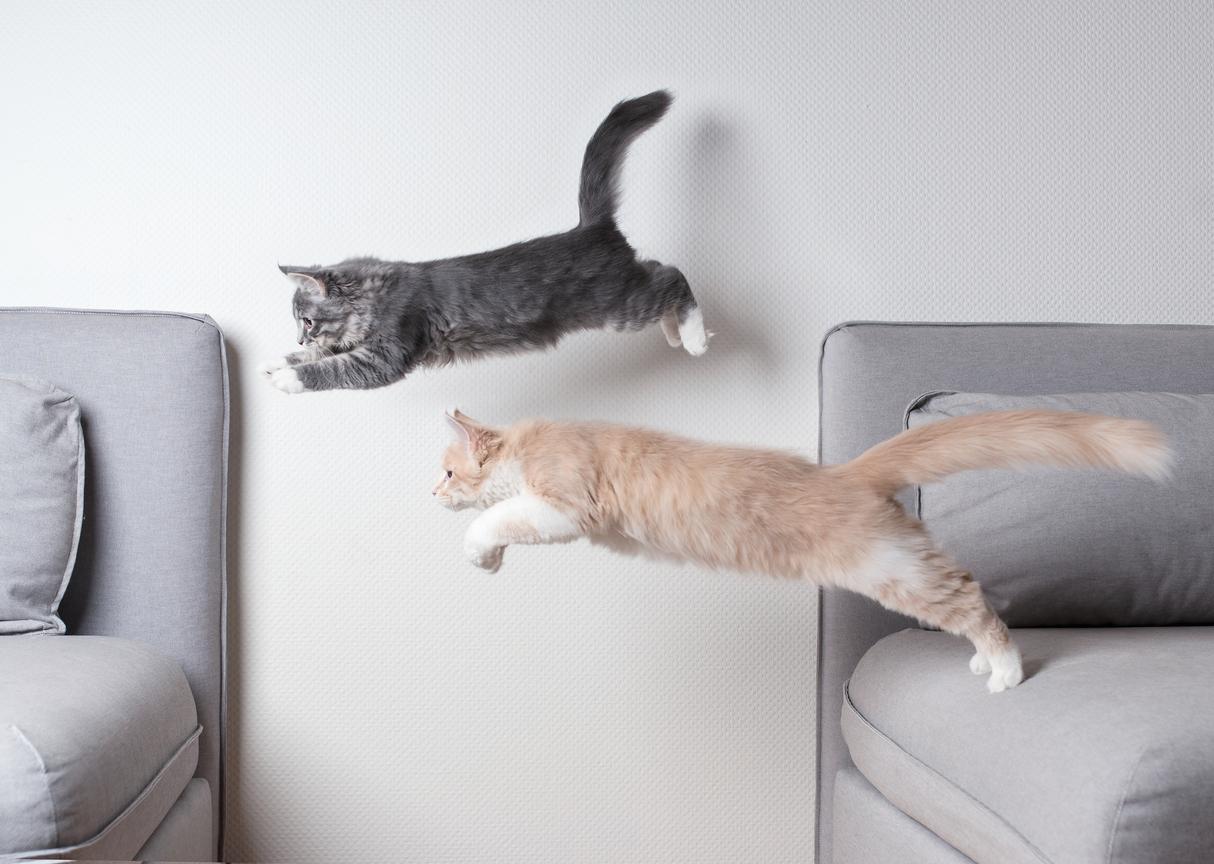
Those who have fostered kittens and rescued senior cats alike may relate to this reason from Triangle Animal Clinic, which explains that young kittens simply have boundless energy and are more likely to experience frequent bouts of the zoomies.
On the other hand, older cats may present their zoomies differently, perhaps becoming more vocal than they used to be.
However, per the Triangle Animal Clinic, if your older cat's zoomies appear dramatically different "due to changes in their cognitive function or because of medical issues," it's important to consult a veterinarian. A vet can ensure that any undiagnosed or chronic health concerns are managed safely and that your senior cat can still enjoy a long, happy life — zoomies and all.